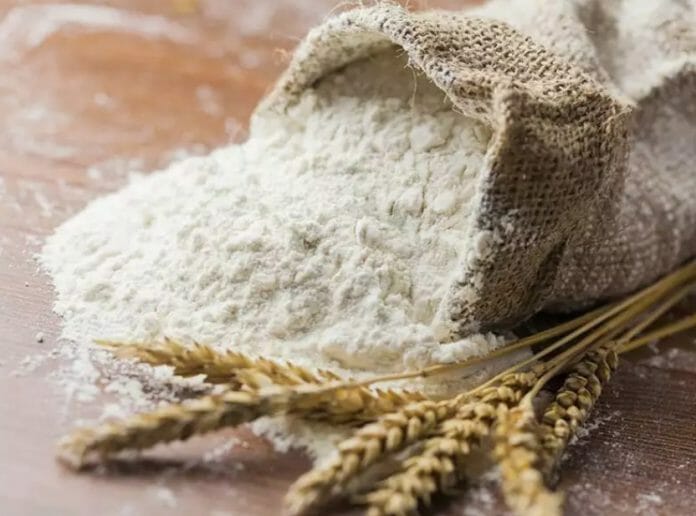Staple foods producer Malayan Flour Mills Berhad (MFM) continued to see higher input costs and stronger United States Dollar (“USD”) impacting the Group’s financial performance for first half ended 30 June 2023 (“1H23”).
The Group’s net profit in 1H23 decreased by 83.7% to RM8.5 million from RM52.0 million a year earlier, as the above factors affected both its Flour and Grain Trading (“FGT”) and Poultry Integration (“PI”) business segments.
The subdued performance was against the backdrop of Group revenue increasing 21.8% to RM1.58 billion for the six-month period, from RM1.30 billion over the same period a year ago.
Group net profit for the second quarter ended 30th June 2023 (“2Q23”) declined to a loss of RM2.0 million from a profit of RM31.6 million previously, in spite of the Group revenue increasing by 13.8% to RM752.7 million during the quarter from higher sales volume and selling prices in the FGT segment.
Despite the increases in selling prices, 2Q23 profit margins for the FGT segment were adversely affected by its operations in Malaysia and Vietnam facing challenges of higher costs of raw materials in its inventories in-hand and a stronger US Dollar.
Further, the Group’s 30% associate PT Bungasari Flour Mills in Indonesia suffered more severely from the increase in input cost coupled with higher foreign currency losses, resulting in a share of loss of RM8.8 million to the Group in 2Q23 versus a share of profit of RM0.8 million in the same period last year.
The negative performance of the FGT segment was however partially mitigated by the PI segment, namely Dindings Tyson Sdn Bhd (“DTSB”), which saw MFM earning a share of profit from its 51% equity stake of RM5.6 million in 2Q23, down 61.4% from RM14.5 million previously due shortage of boiler supply and lower contribution margin from higher input costs and lower subsidy income, but were partially offset by lower fair value loss on biological assets.
During 2Q23, DTSB recorded a revenue of RM283.9 million, increasing 6.6% from RM266.2 million previously. The lower bottomline reported by DTSB was due to the prevalence in avian disease outbreaks exacerbating the mortality of broilers, and consequently disrupted the supply to its processing plants.
Malayan Flour Mills Executive Deputy Chairman Teh Wee Chye said, “Both our FGT and PI segments were adversely affected by a convergence of factors that has persisted in the first half of the year. Macroeconomic and geopolitical uncertainties continue to have a prolonged impact on the commodity prices of wheat and grain. The unpredictable weather pattern across the wheat planting regions is expected to affect the overall wheat supply in the market.”
“As for our PI segment, where demand for our processed chicken meats is expected to remain high, the volatility of the raw material costs has made the poultry industry to be more challenging. Nevertheless, we believe in the resilience of our business models of both segments. Even with the current economic slowdown, we noted the unabated demand for staple foods,” he added.
“In the FGT segment, the higher cost of raw materials we were carrying in our inventory from last year has been used in our operations towards the end of the second quarter of the year. While our PI segment has seen a turnaround with more consistent supply of broilers to our processing plants. We remain optimistic for the remaining half of the year and onwards for our PI business and will continue to invest to improve our operations,” he said.
DTSB, the umbrella organisation housing the PI segment, is committed to a substantial capital expenditure (“CAPEX”) of no less than RM135 million in FY2023.
The investment is geared towards the comprehensive upgrading of the primary poultry processing plant located in Sitiawan, Malaysia. The CAPEX includes increasing the slaughtering capacity of the processing plant by more than 20% to 340,000 birds per day, from 280,000 birds per day currently.
The expansion plans will also include the establishment of a new further processing plant, extension of the existing rendering plant, advancement in wastewater treatment facilities, and further improvements to the processing machineries to serve the rising demand for DTSB’s wide ranging poultry products from its food manufacturing clients.
The CAPEX investment for the PI segment will be funded by internally-generated funds in the JV company, as well as bank borrowings. Meanwhile, the Board declared an interim dividend of 1.5 sen per share in the period just ended, in respect of the financial year ended 31 December 2023.









